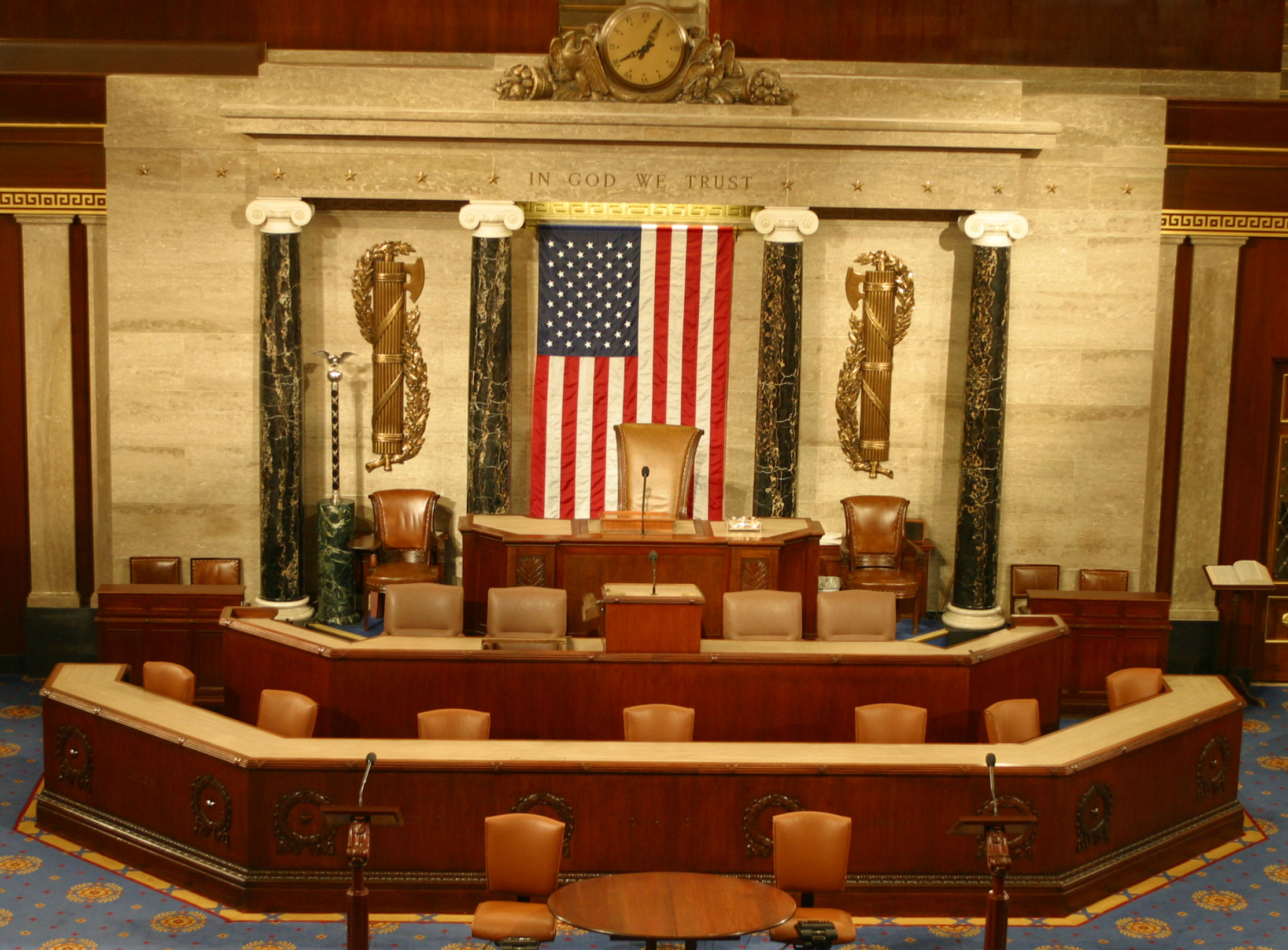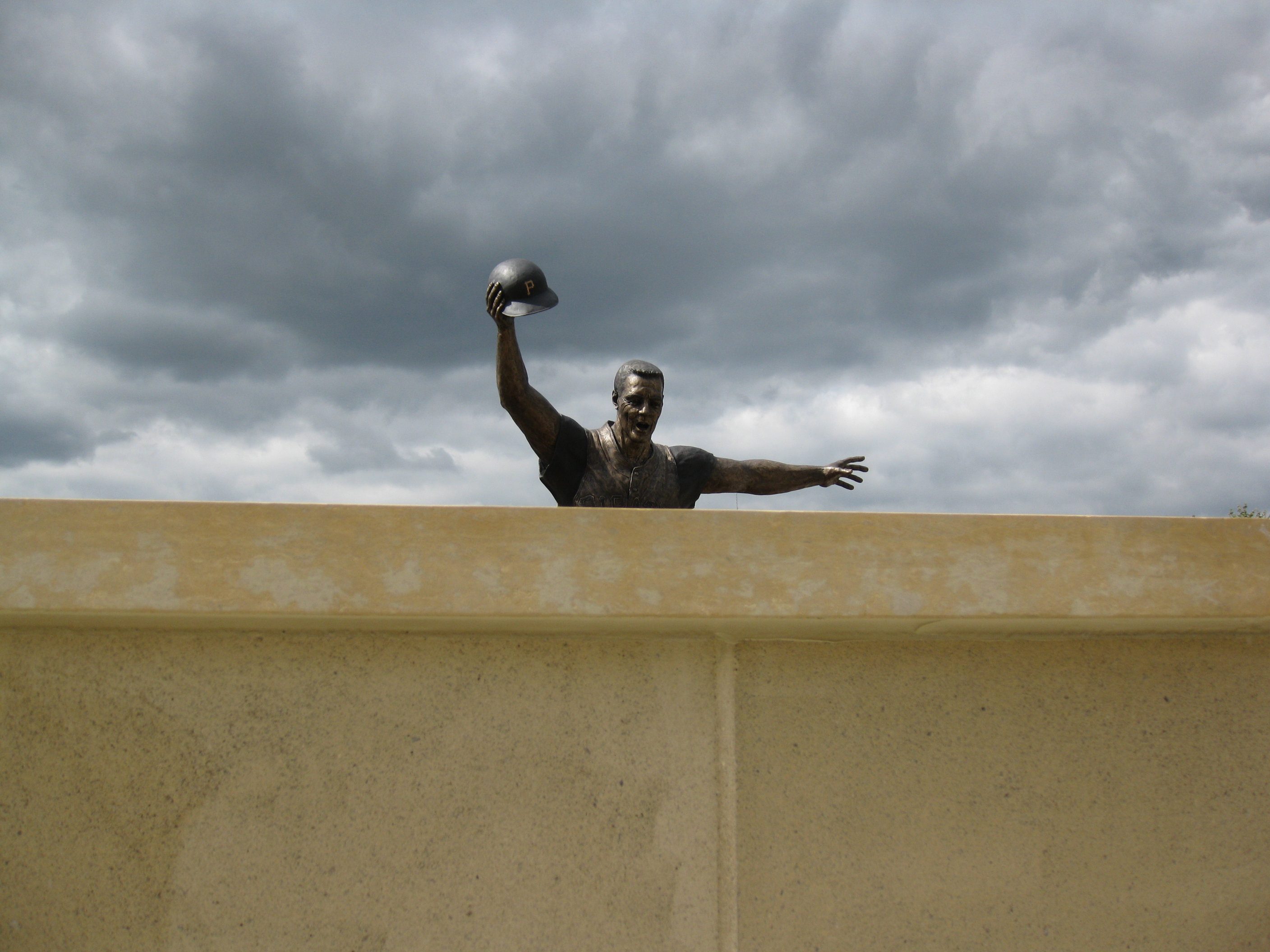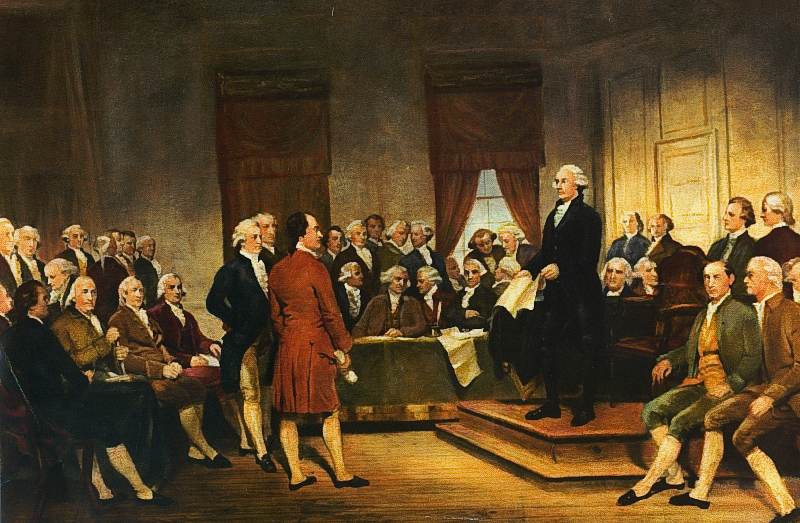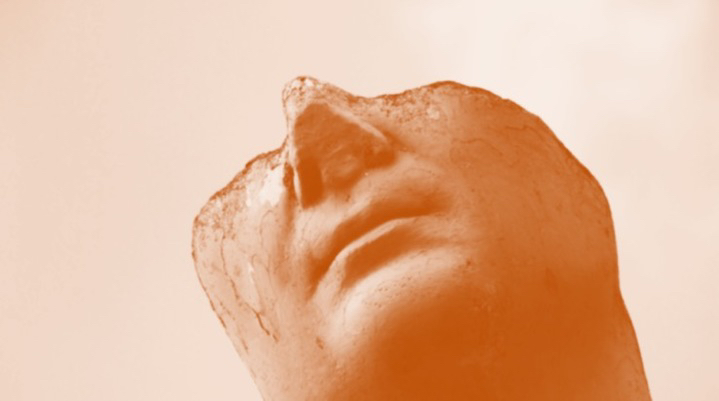An Angeleno’s Walk of Civic Shame
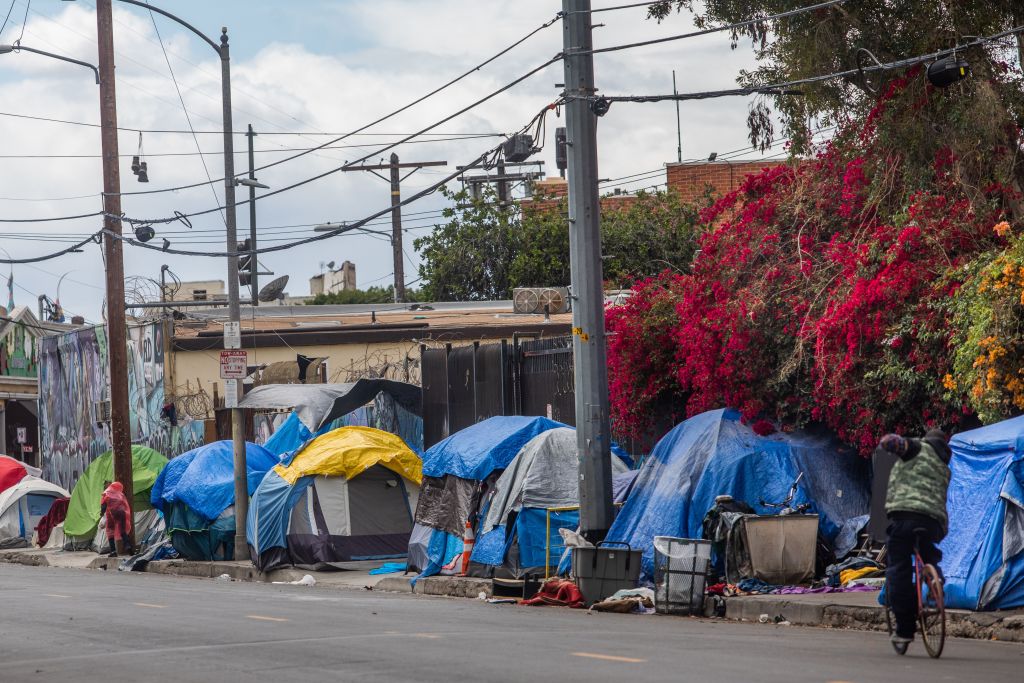
Our greatest cities are now an embarrassment.
In the morning: coffee, cigarettes, and the clattering of plates. In the evening: cigarettes again, and the clinking of glasses and the aroma of food. The various smells and sounds of the city had a consistency to them, and the streets of Madrid were filled with people. They all seemed to be walking with purpose and a destination in mind. Navigating the streets of Madrid felt like an adventure. I was sixteen years old, in Spain for the first time. My foreign heart could not help but feel pangs of envy and an ersatz pride for what was not my own. I wished these streets were mine.
Twenty years later, visitors from Spain were now coming to visit me in Los Angeles. Their excitement was palpable, and I had a childish insecurity. Would they love Los Angeles as much as I loved Spain? Would the city intoxicate them the way it had me? Would it sink into their bones? Would they dream of her at night only to wake up, homesick for a second home?
There was one place in downtown Los Angeles where I do think, briefly, they fell in love with my home. Grand Central Market was founded in 1917—almost prehistoric by LA standards. The market is a maze of stalls selling unique foods that reflect the city’s ethnic diversity. My guests from Spain commented on how the market seemed to reflect a broad demographic range including white- and blue-collar workers, residents, and tourists. After the pandemic, and with the very idea of the city center under renewed threat from remote work, it felt good to be in a city again and see men and women dressed in attire other than sweatpants and t-shirts. This was the city showing its best self.
But as we walked down Broadway towards The Last Bookstore the mood changed. Just a block away, the crowds at Grand Central had begun to disperse. Homeless encampments cluttered the sidewalks, perfuming them with the acrid stench of urine, and sometimes worse. The smell of pot occasionally wafted towards us from behind a tent. How could a foreigner, let alone an Angeleno, envy a city in such a state? From my guests, I heard the same refrain I’d heard on the Hollywood Walk of Fame and the Venice Boardwalk: “How can they let the city become like this?”
A year ago, Sheriff Villanueva, a law-and-order Democrat now facing a bitter reelection contest, declared his intention to clear the Boardwalk and other places of homeless encampments, decrying the city’s “failure to regulate public space.” These are true words, but the failure, I realized, is no longer just to regulate public space but to literally retake it.
In early modern England, public commons were “enclosed” in order to maximize the land’s economic potential. Now, in Los Angeles and across California, where supposedly humane public policy creates systematic chaos, a new kind of reverse-enclosure movement has taken hold. The homeless have taken over public spaces downtown and across the city and closed them off for any other use. The enclosures are marred by shuttered storefronts, devoid of people other than the homeless or the occasional office workers and commuters who move in and out as quickly as possible. In Los Angeles, we’ve gone from a revolution for better public space to a degeneration that worsens it. Villanueva rightly calls the Los Angeles political class the architects of failure.
Democratic politicians, Mayor Eric Garcetti foremost among them, not only get a pass for leaving their city in this state, they get elevated to the national political stage and plum political postings like the Ambassadorship to India. What kind of city and what kind of country rewards the architects of patent failure? What does this say about the Democratic Party’s twisted idea of accomplishment?
Establishment liberal politicians hiding behind the “complexity” of homelessness, insist that we cannot “criminalize” poverty, and that they’re “working on it.” Tell that to the city’s beleaguered middle class, who have to plan any trip downtown to enjoy themselves with the precision of a tactical military strike; tell that to the residents who live downtown and have to “watch their back” (and their step) when they walk the streets.
Somehow, despite itself and the political class that has run the city aground on the shoals of well-intentioned pro-homelessness humanitarianism, Los Angeles is slated to host the Summer Olympics in 2028. If the Olympic Committee had the courage and character, they would withhold the title of host until baseline metrics of improvement in the city’s homelessness crisis have been met. Los Angeles should be treated like a rogue regime and have the Olympics weaponized against it like humanitarian aid is to a third-world banana republic.
Los Angeles is fast becoming a city of civic shame. This trajectory will continue without the moral and political courage to lead the city of light out of the darkness of its own making. The social fabric will continue to tear, and the Hobessian instinct to self-preservation, as the only and highest good, will strip Los Angeles of whatever civic pride, social cohesion, and virtue it has left.
The American Mind presents a range of perspectives. Views are writers’ own and do not necessarily represent those of The Claremont Institute.
The American Mind is a publication of the Claremont Institute, a non-profit 501(c)(3) organization, dedicated to restoring the principles of the American Founding to their rightful, preeminent authority in our national life. Interested in supporting our work? Gifts to the Claremont Institute are tax-deductible.
Root, root, root for the electors. If they don't win it's a shame.
Part I: Unfettered reason cannot conserve anything.


